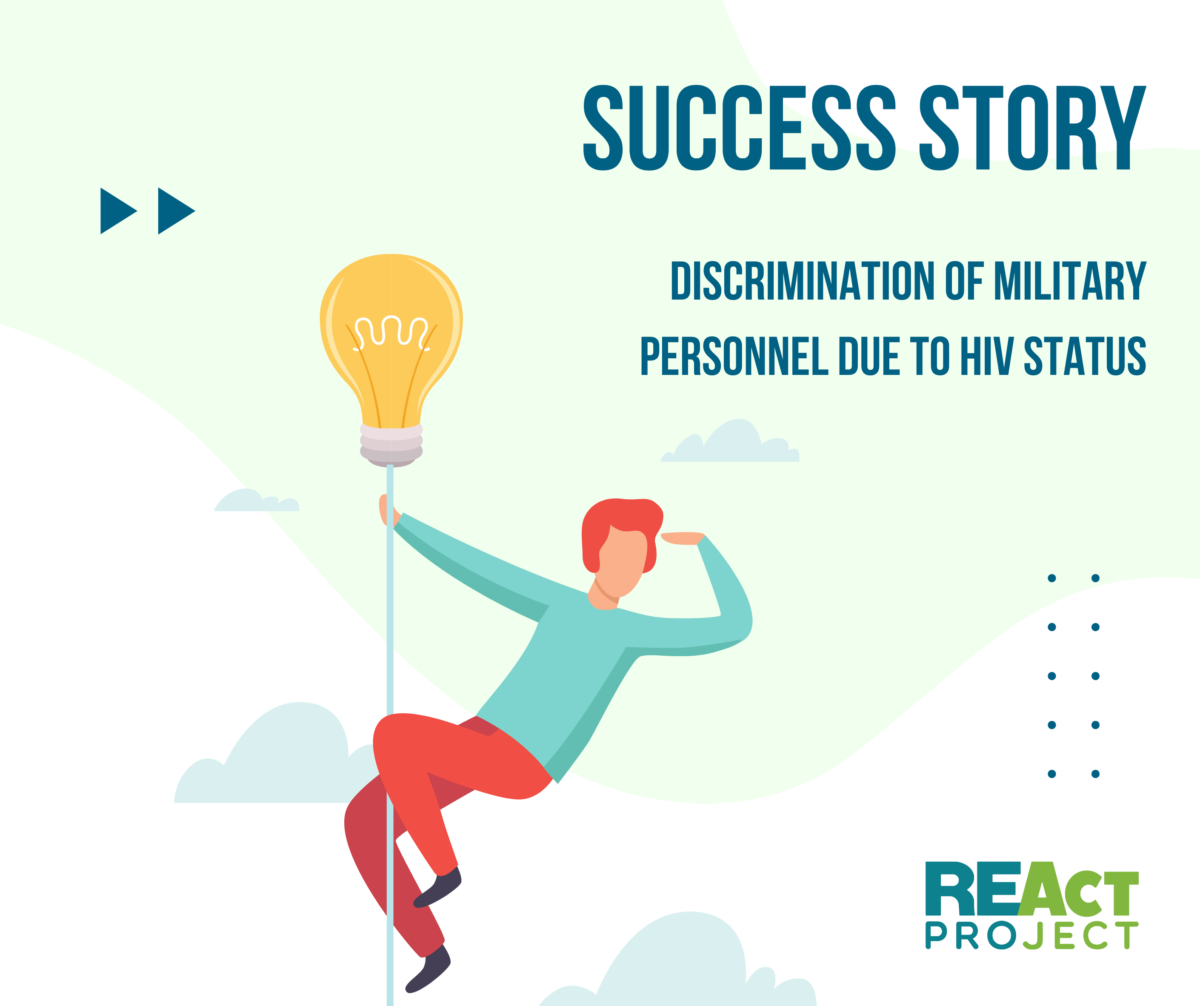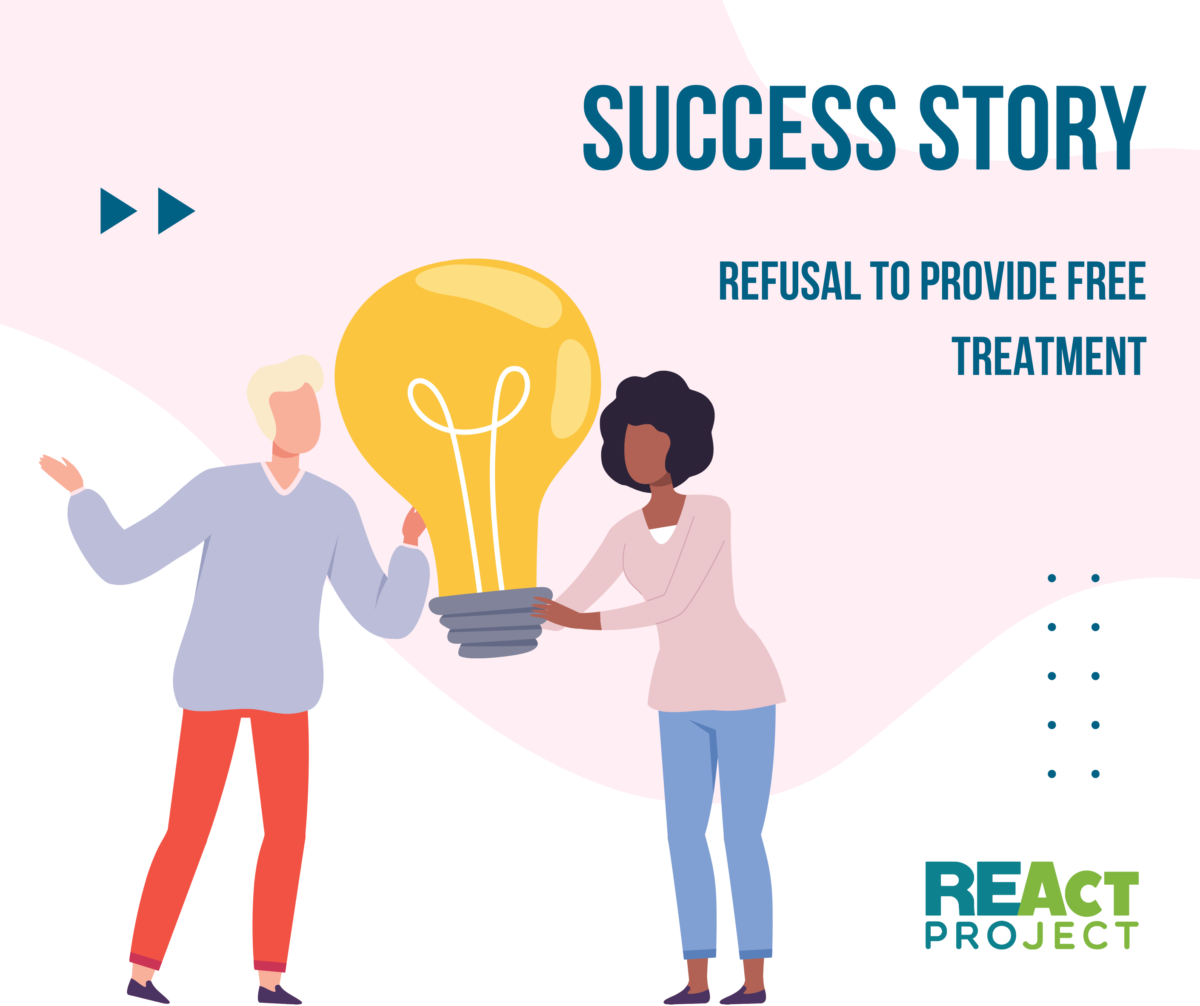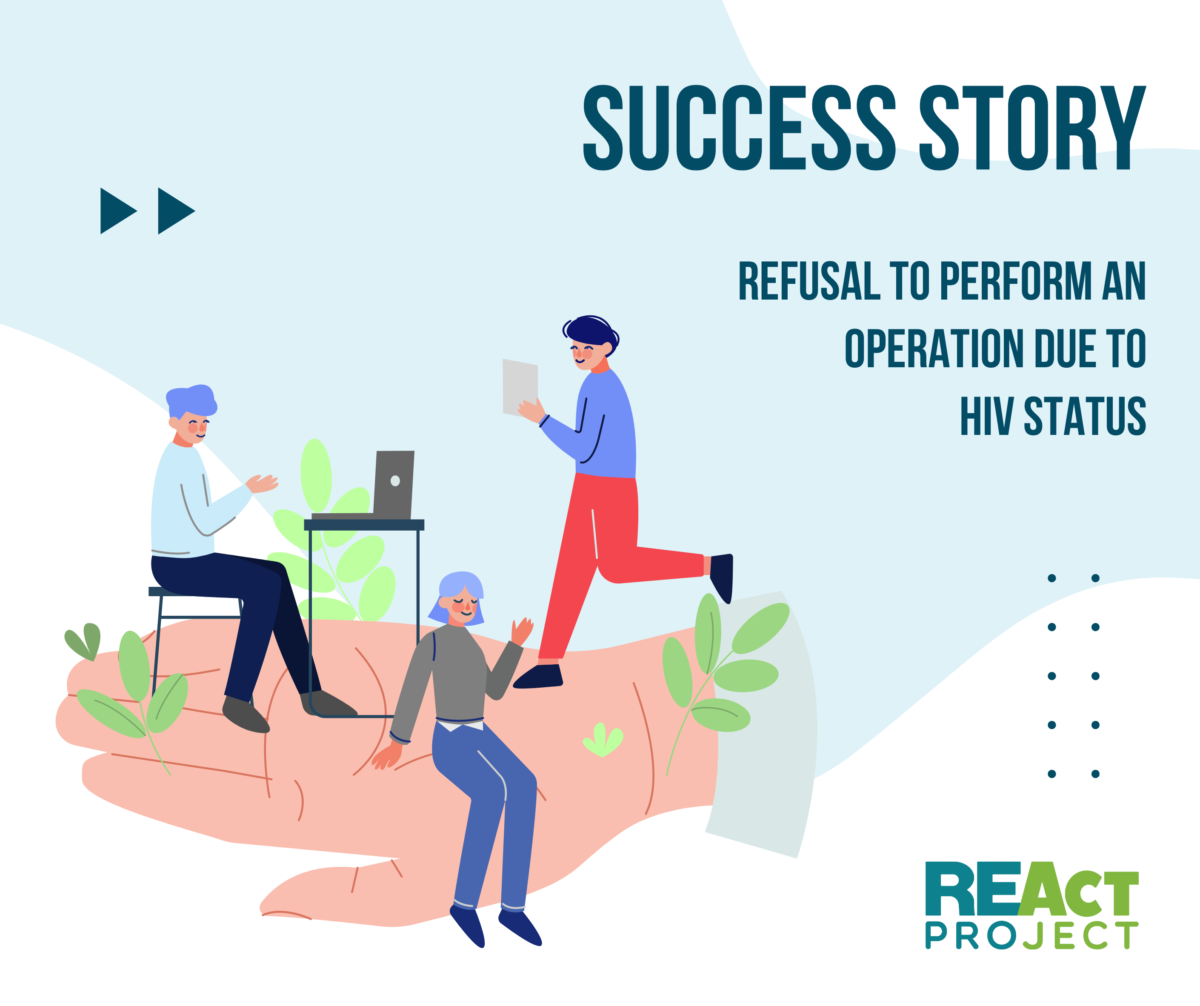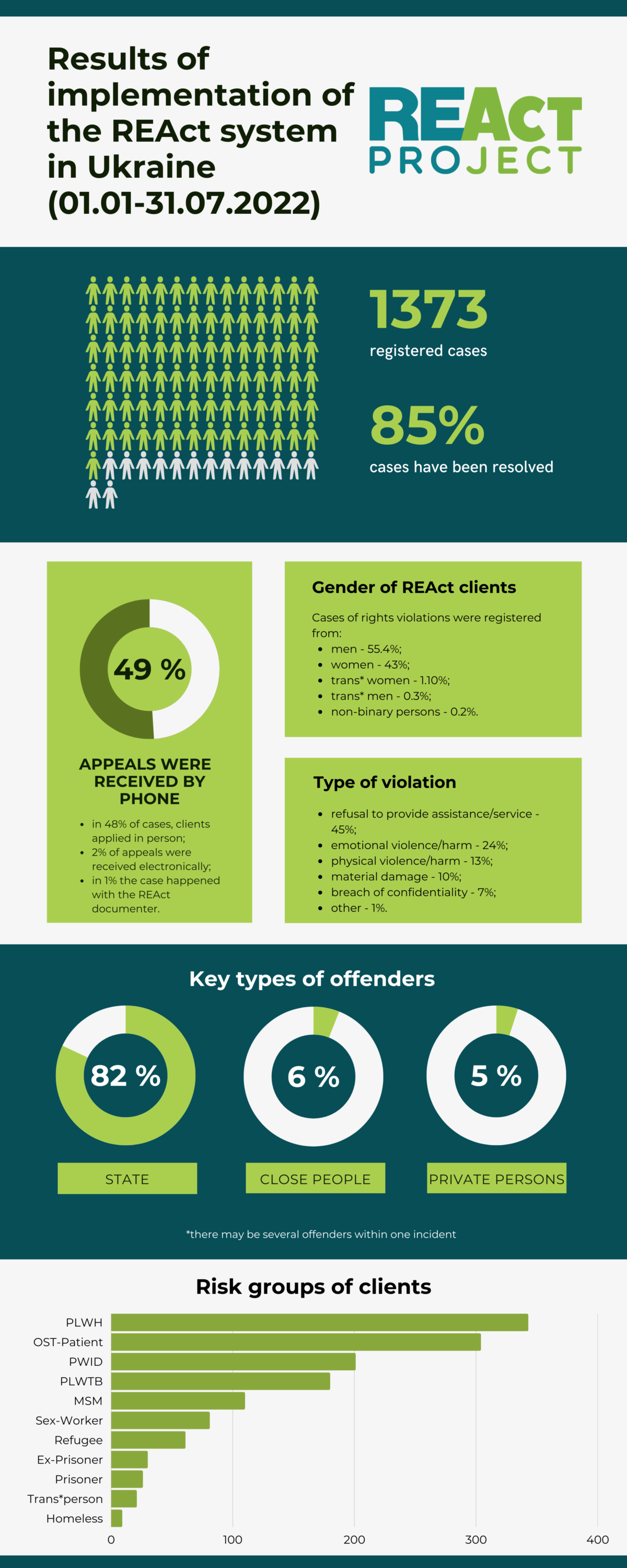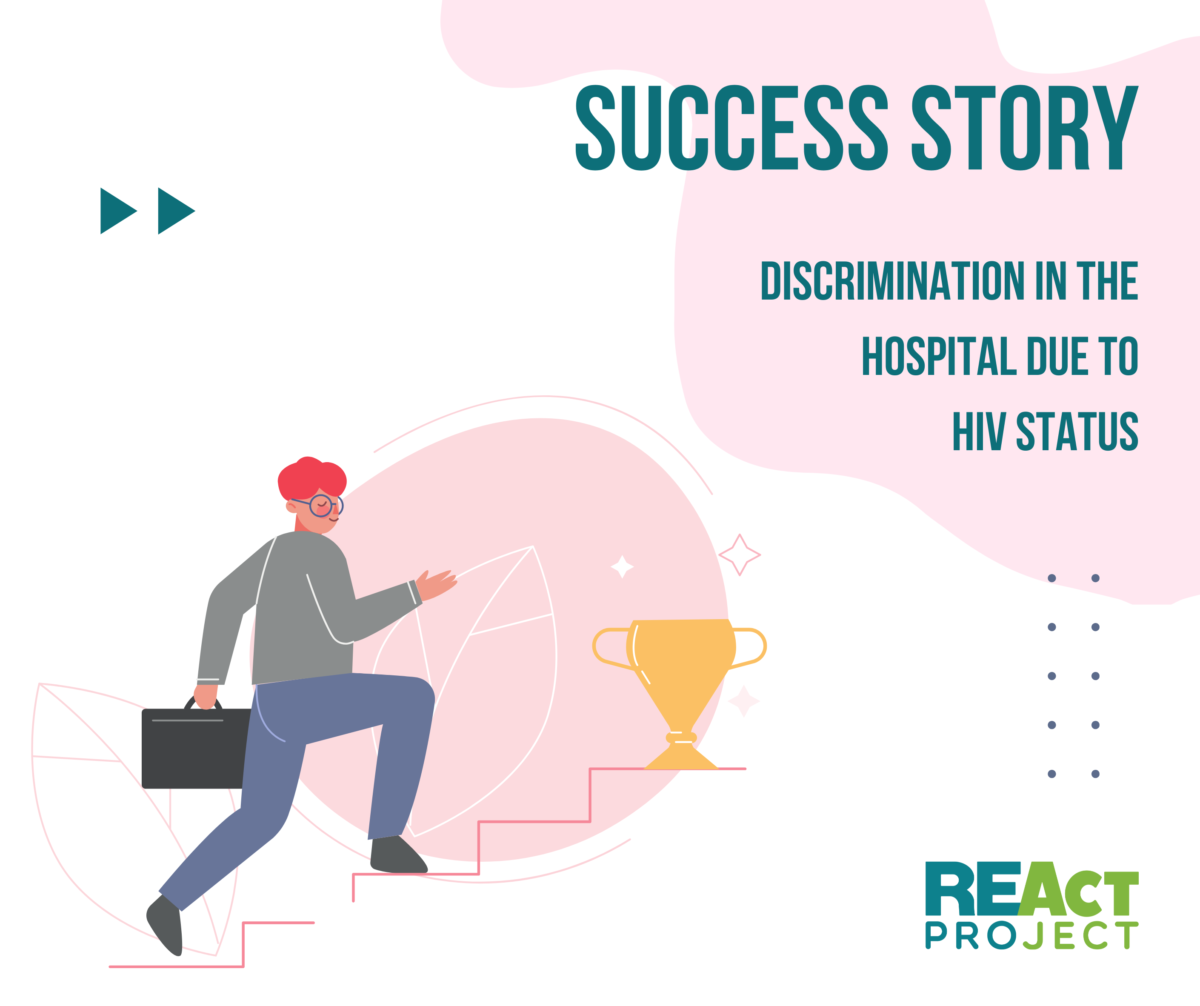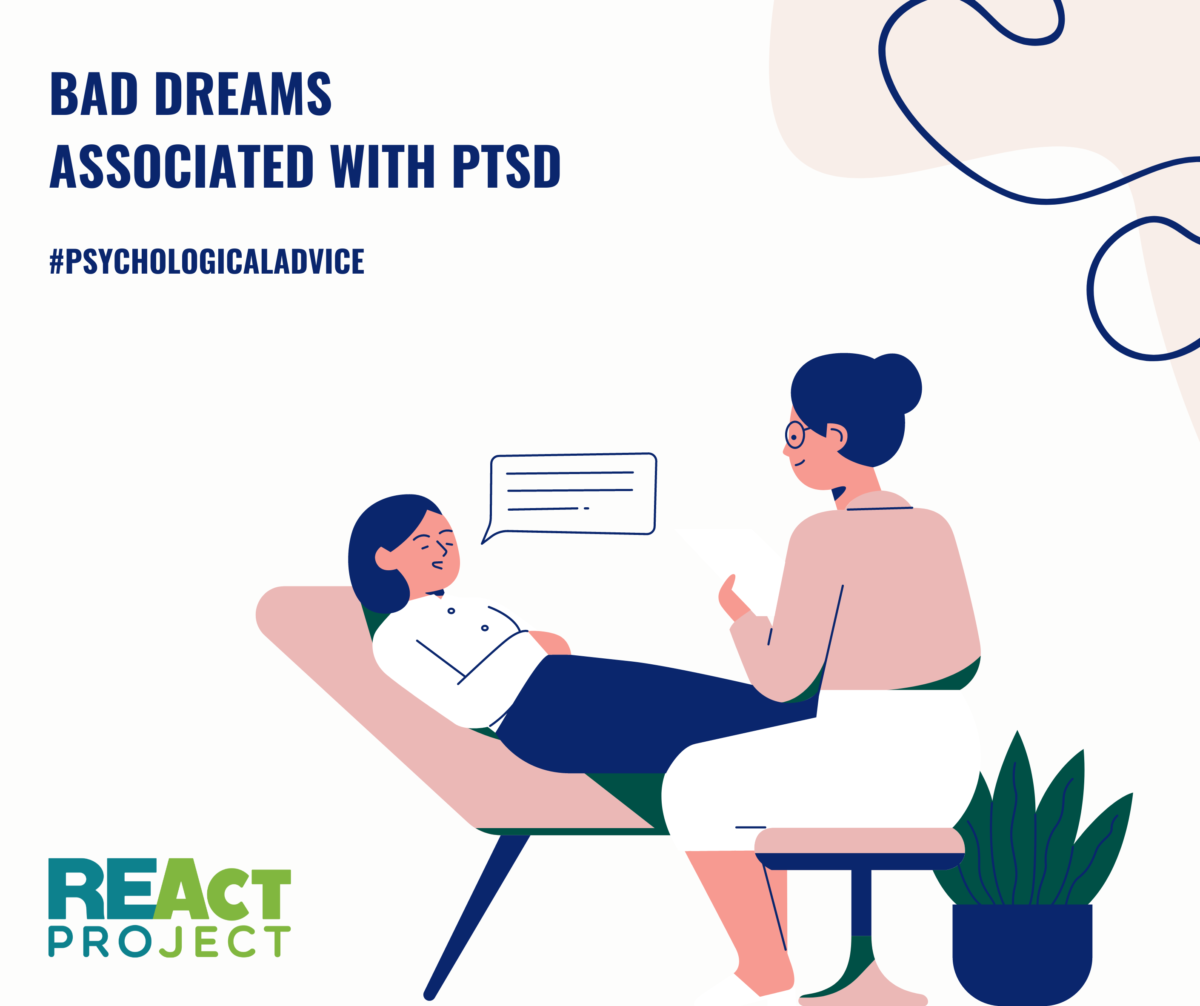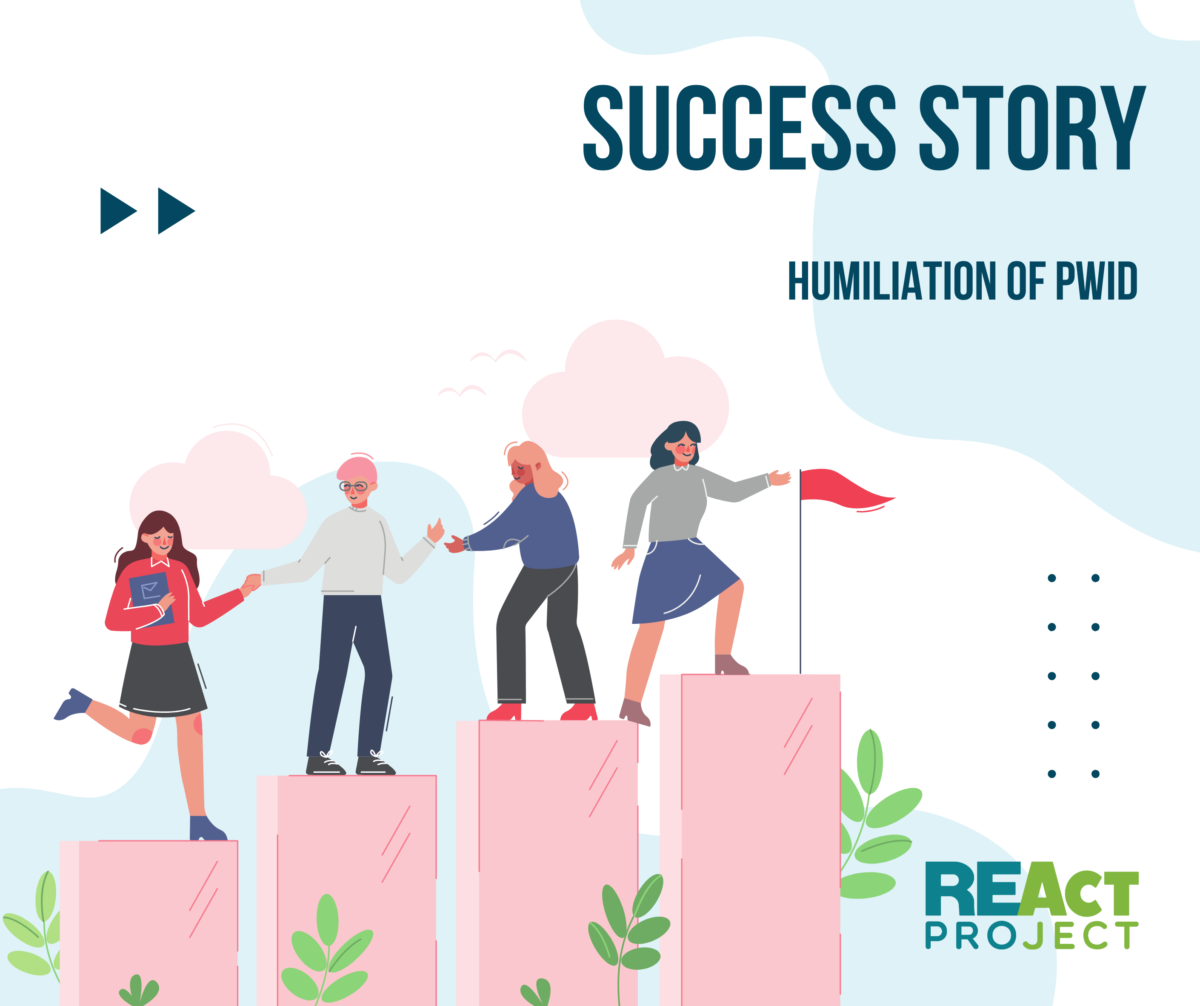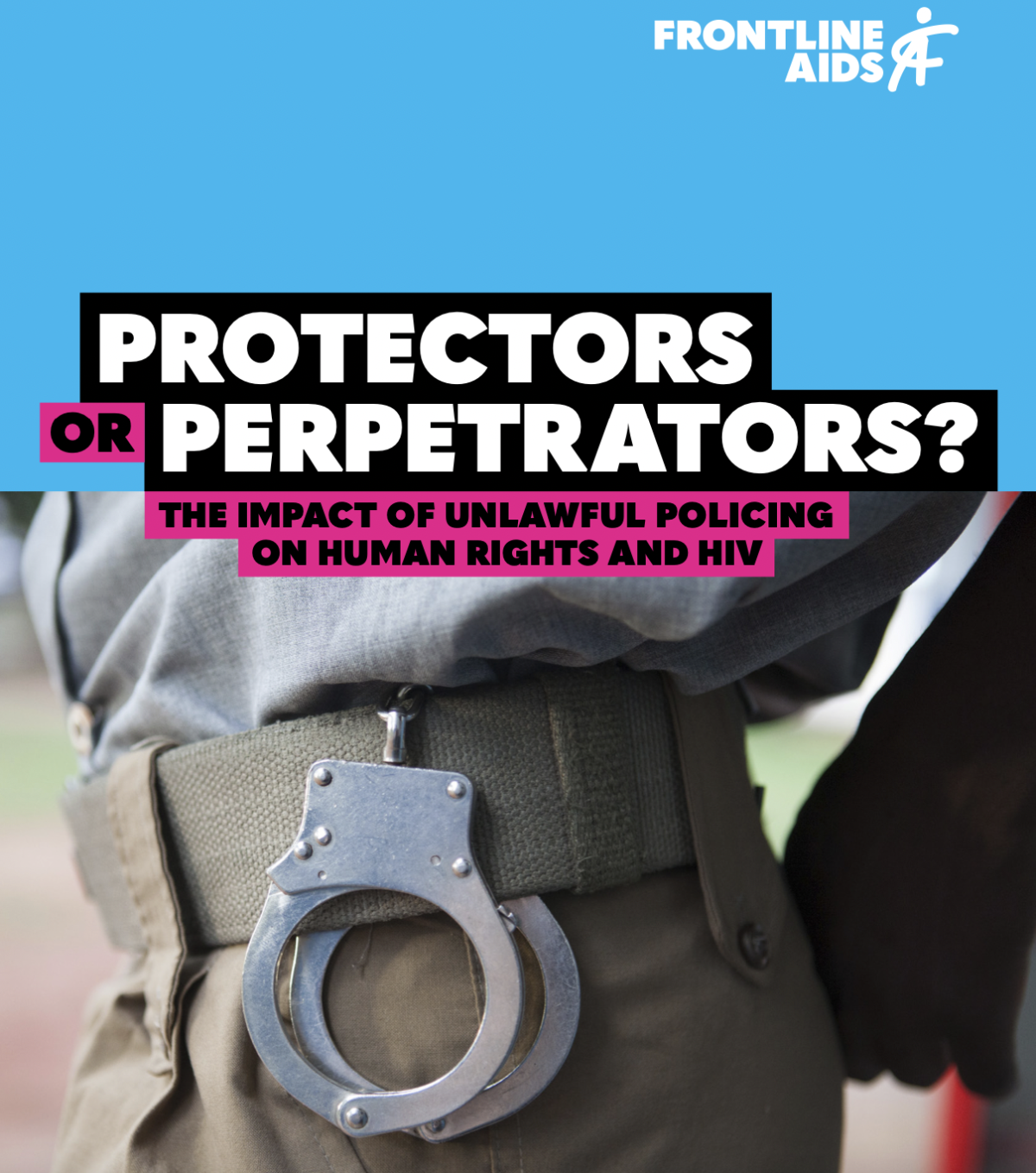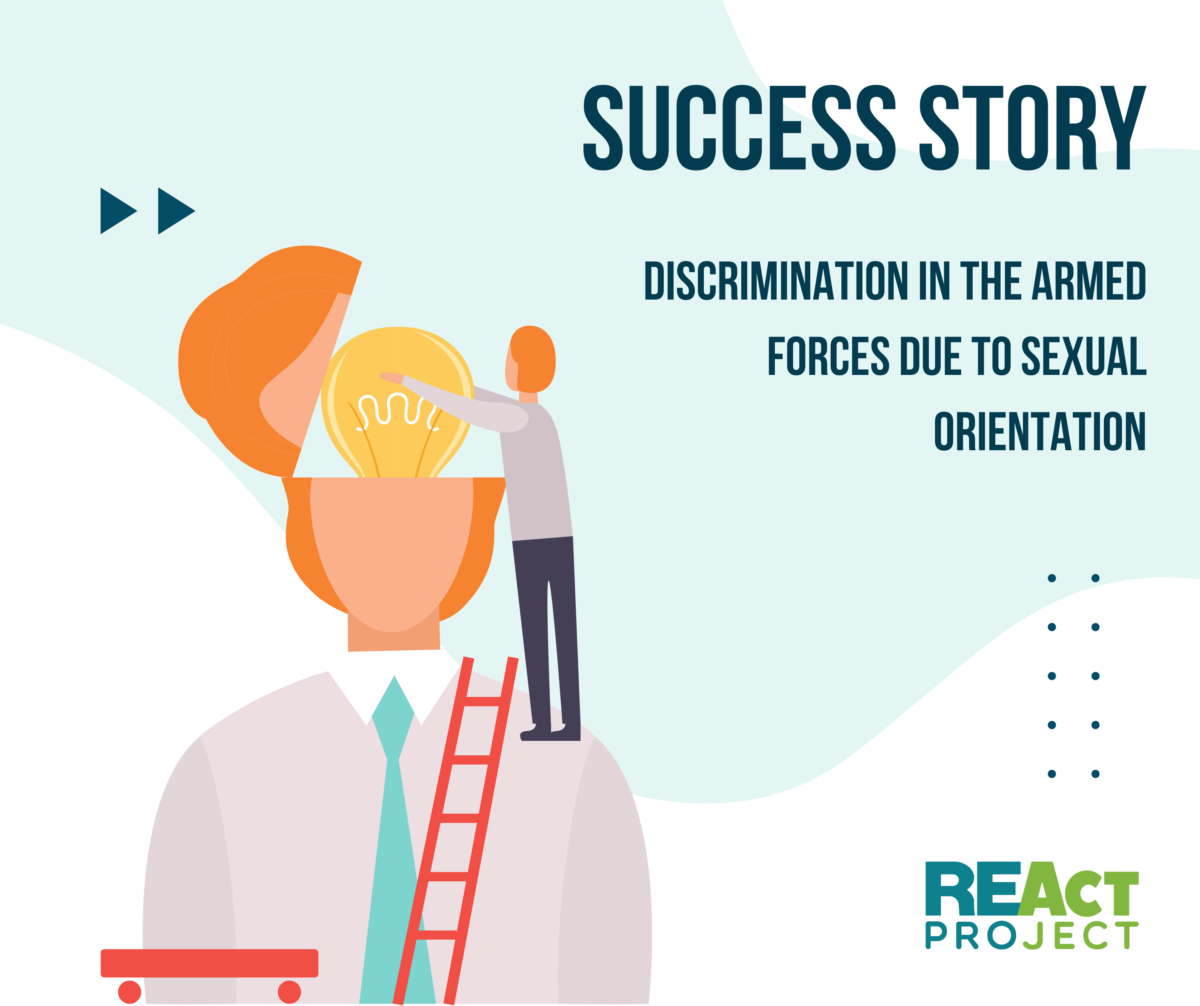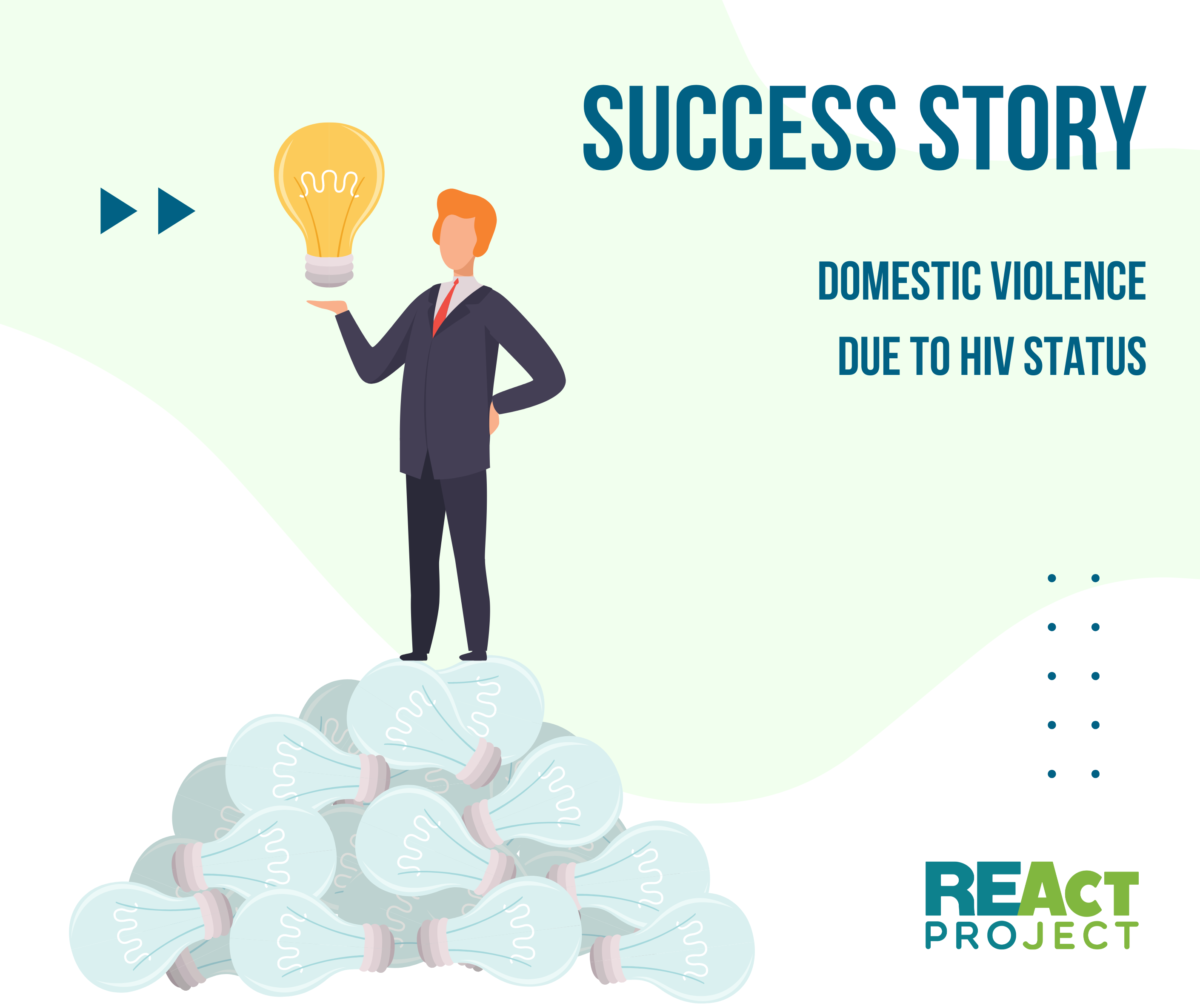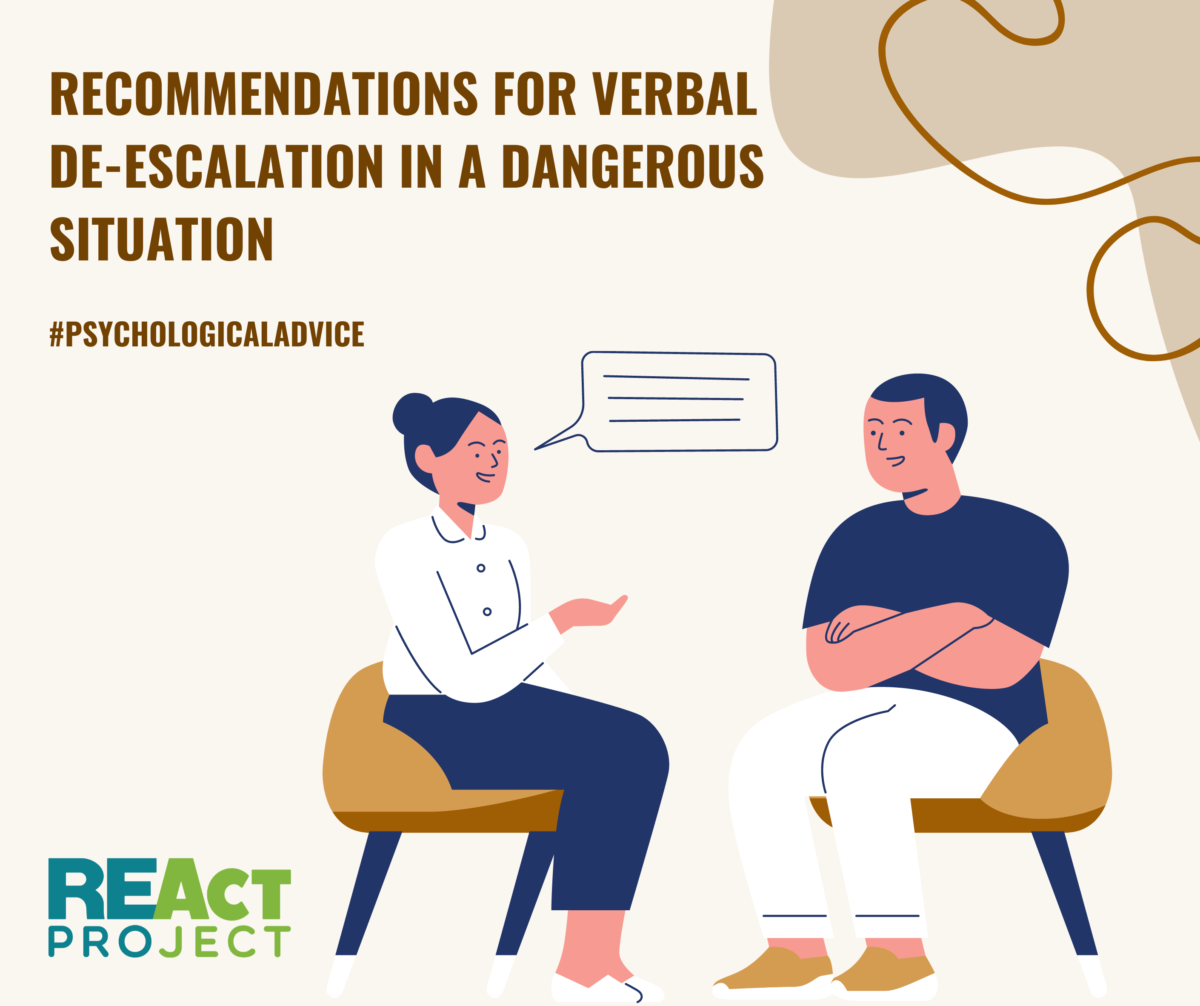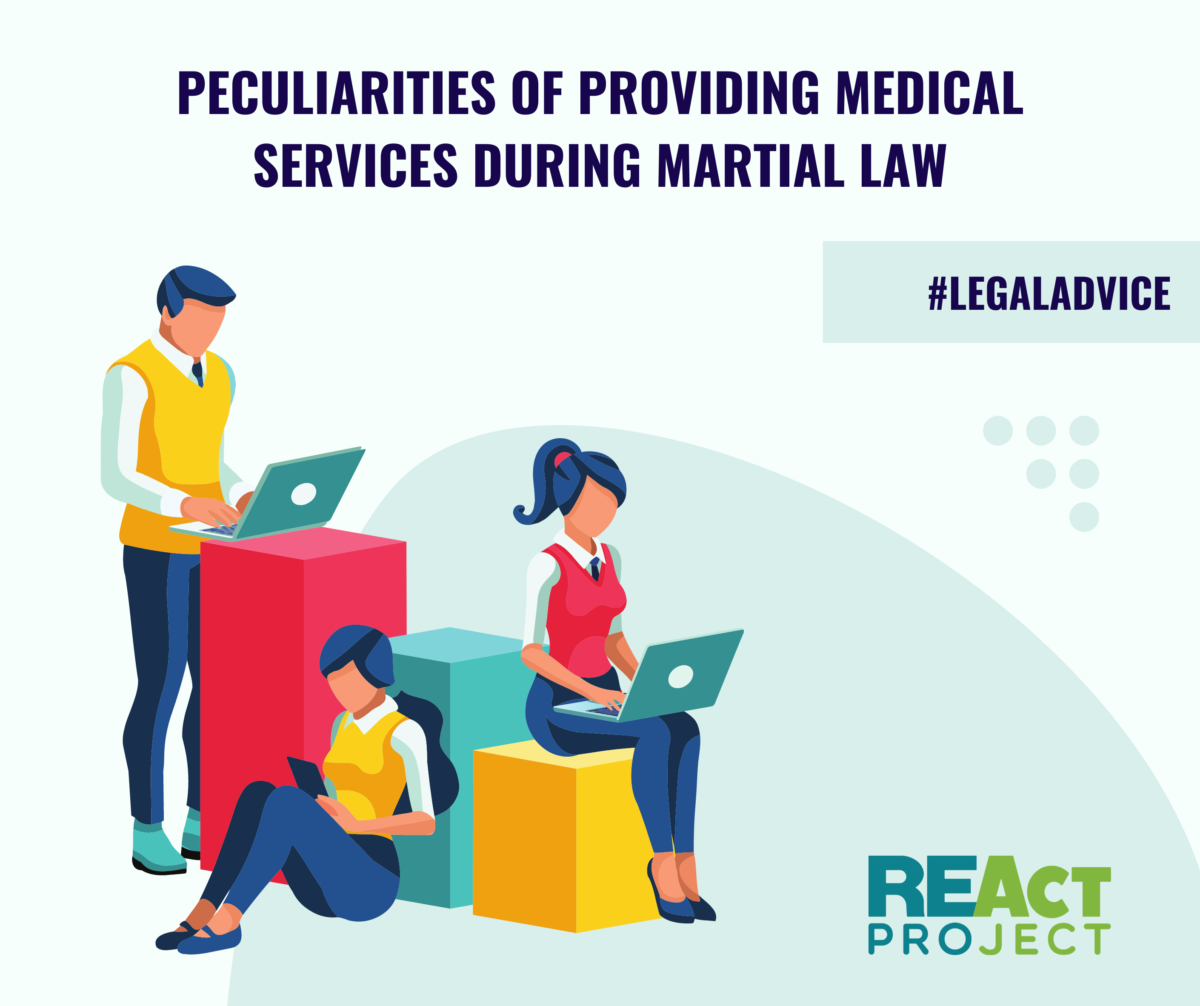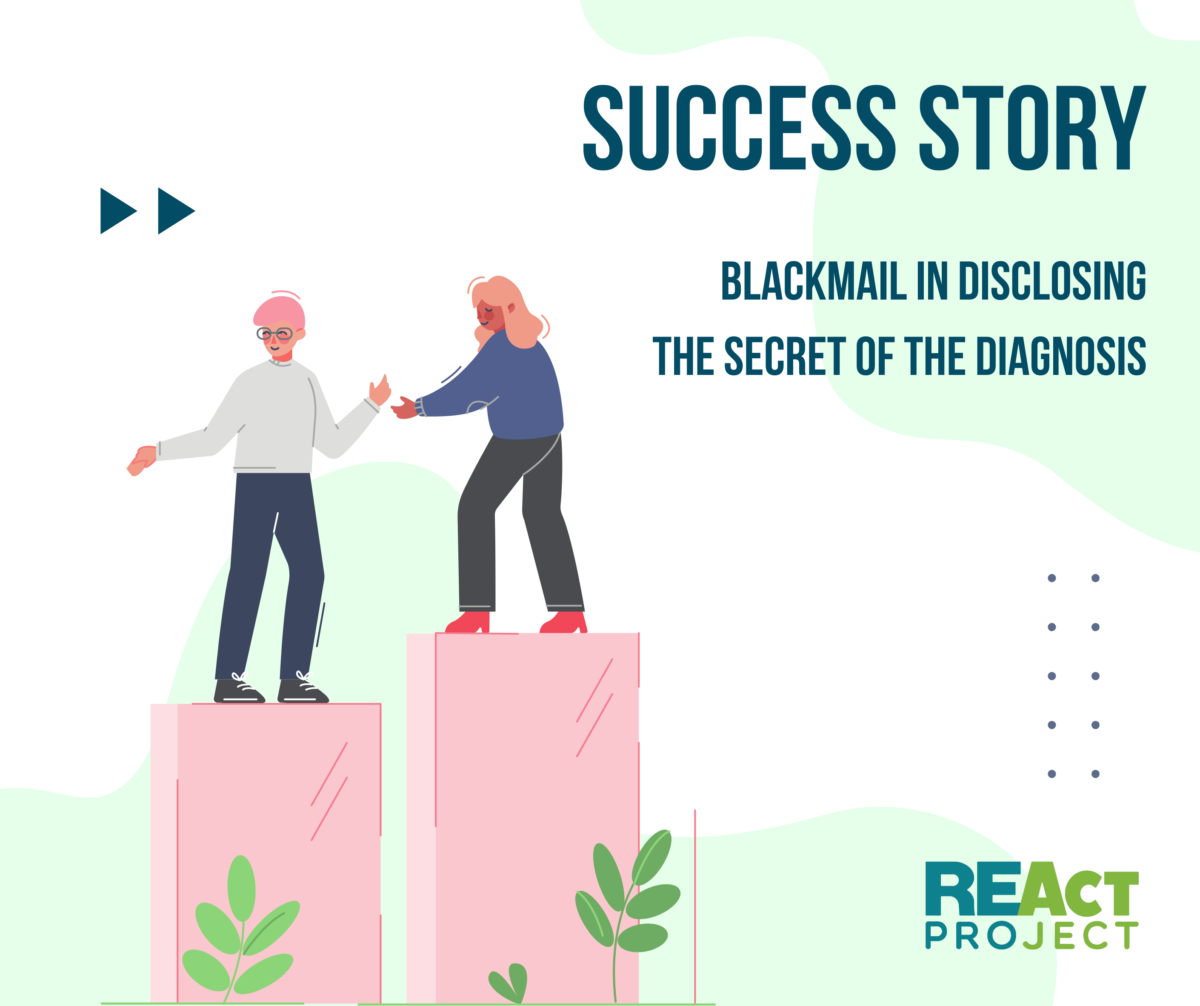As of August 2022, there are about 4 million internally displaced persons (IDPs) in Ukraine due to the military aggression of the Russian Federation. This new, for many forced status, provides for appropriate guarantees of state social protection. Let’s consider them.
Who is recognized as an internally displaced person?
An IDP can be a citizen of Ukraine, a foreigner, or a stateless person who is in the territory of Ukraine on legal grounds and has the right to permanent residence in Ukraine, who was forced to leave or leave his place of residence as a result of or in order to avoid the negative consequences of an armed conflict, temporary occupation, widespread manifestations of violence, human rights violations and emergency situations. The state must take all possible measures, provided for by the Constitution and laws of Ukraine, to protect and respect the rights and freedoms of internally displaced persons, and to create conditions for integration at the new place of residence in Ukraine.
What confirms the fact that a person is an IDP and where should he get registration?
Internal displacement is confirmed by a certificate of registration of an internally displaced person. Not only adults but also every child, including those who arrived unaccompanied by parents or other legal representatives, must receive such a certificate. In order to obtain a certificate of registration of an internally displaced person, such a person must apply to the structural division for social protection of the population of local councils at the place of actual displacement. The application is submitted by an internally displaced person, including minor children. In the case of little children, incapacitated persons, or persons whose legal capacity is limited, the application is submitted through a legal representative. Along with the application, the applicant must submit an identity document confirming Ukrainian citizenship, or an identity document confirming its special status, or a child’s birth certificate.
The certificate of registration of an IDP certifies his place of residence for the period of existence on the relevant grounds. The address of the actual place of residence of the IDP can be the address of the appropriate place of compact settlement of internally displaced persons (address of a town made of prefabricated modules, a dormitory, a health camp, a rest house, a sanatorium, a boarding house, a hotel, etc.).
How should IDPs’ rights to employment, pension provision, mandatory state social insurance, social services, and education be ensured?
A citizen of retirement age, a person with a disability, a child with a disability, and another person in difficult life circumstances who are registered as an IDP have the right to receive social services at the place of registration of their actual place of residence.
A registered IDP who does not have the documents necessary for granting the status of unemployed should receive the status of unemployed without the requirements applied under the normal procedure.
Children from among internally displaced persons or children who have the status of a child who suffered as a result of military actions and armed conflicts, who study in preschool, general education, vocational and technical educational institutions, regardless of subordination, types, and form of ownership, must be provided with free meals at the expense of budget.
IDPs from the temporarily occupied territory have the right to receive material support, insurance benefits, and social services under the mandatory state social insurance in connection with temporary loss of working capacity and from an accident at work and occupational disease that caused the loss of working capacity, directly from workers bodies of the Social Insurance Fund of Ukraine by the actual place of residence, stay. Material support, and insurance payments are assigned in the presence of the necessary documents confirming the right to these payments, and in the absence of them – according to the data of the State Register of mandatory state social insurance in the order established by the board of the Social Insurance Fund of Ukraine.
What else are IDPs entitled to, according to state guarantees?
An internally displaced person has the right to:
- family unity (which implies the obligation of the state to facilitate the reunification of a family whose members were forcibly separated (lost) as a result of risks and other influencing factors during displacement/evacuation from dangerous areas, i.e. in the search and reunification of family members who lost communication);
- information about the fate and location of missing family members and close relatives;
- safe living conditions and health;
- reliable information about the presence of a threat to life and health in the territory of the abandoned place of residence, as well as the location of temporary settlement, the state of the infrastructure, and the environment, ensuring rights and freedoms;
- creation of appropriate conditions for the permanent or temporary residence;
- payment of the cost of communal services, electricity and thermal energy, natural gas in places of compact settlement of internally displaced persons (towns made of prefabricated modules, dormitories, health camps, rest houses, sanatoriums, boarding houses, hotels, etc.) at the appropriate tariffs established for such services and goods for the population;
- provision by state executive authorities, local self-government bodies, and private law entities of the possibility of free temporary residence (provided that the person pays the cost of utility services) within six months from the moment the internally displaced person is registered; for large families, persons with disabilities, and the elderly, this term can be extended;
- assistance in moving the movable property;
- assistance in returning to the previous place of residence;
- provision of medicinal products in cases and according to the procedure defined by legislation;
- provision of necessary medical assistance in state and communal health care institutions;
- placement of children in preschool and general educational institutions;
- receiving social and administrative services at the place of stay;
- carrying out state registration of acts of civil status, making changes to act records of civil status, their renewal and annulment by place of residence;
- free travel for voluntary return to the abandoned place of permanent residence in all types of public transport in the event of the disappearance of the circumstances that caused such displacement;
- receiving humanitarian and charitable aid;
- other rights defined by the Constitution and laws of Ukraine.
Discrimination against IDPs in exercising any rights and freedoms on the grounds that they are internally displaced persons is prohibited.
What accommodation allowance is provided to IDPs and on what basis?
The mechanism for providing housing assistance to IDPs is determined by the “Procedure for providing housing assistance to internally displaced persons”, which was approved by the Resolution of the Cabinet of Ministers of Ukraine “Some issues of payment of housing assistance to internally displaced persons” dated March 20, 2022 No. 332.
Starting from May 2022, assistance is provided to IDPs who have moved from the territory temporarily occupied by the Russian Federation to the territory of Ukraine, the territory of territorial communities located in the area of military (combat) operations, or who are under temporary occupation, encirclement (blockade), as well as IDPs, whose housing is destroyed or uninhabitable due to damage and who submitted an application for compensation for the respective losses, in particular through the Unified State Web Portal of electronic services, or for the submission of documentary confirmation from local self-government bodies of the fact of damage/destruction of immovable property as a result of hostilities, terrorist acts acts of sabotage caused by the military aggression of the Russian Federation.
The list of territorial communities that are located in the area of the military (combat) actions or that are under temporary occupation, encirclement (blockade) is formed in electronic form in accordance with the “Regulations on the information system for forming the list of territorial communities that are located in the area of the military (combat) ) actions or which are in temporary occupation, encirclement (blocking)”.
The amount of assistance received is not taken into account when calculating the total family income for all types of social assistance provided in accordance with the law.
To receive assistance, an IDP fills out an application, which can also be submitted to the structural unit for social protection of the population of local councils, the authorized person of the executive body of the village, settlement, city council, or the center for the provision of administrative services.


